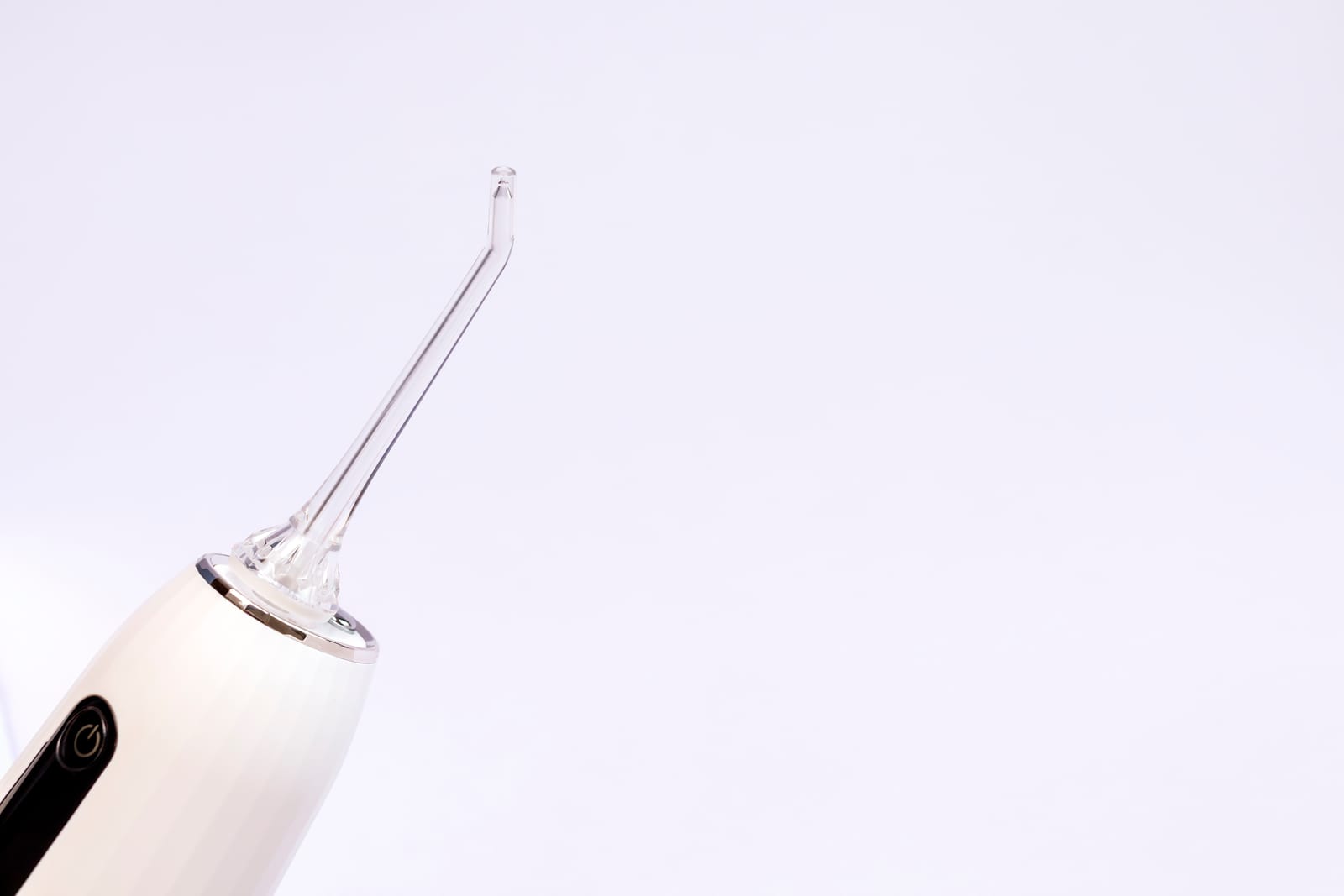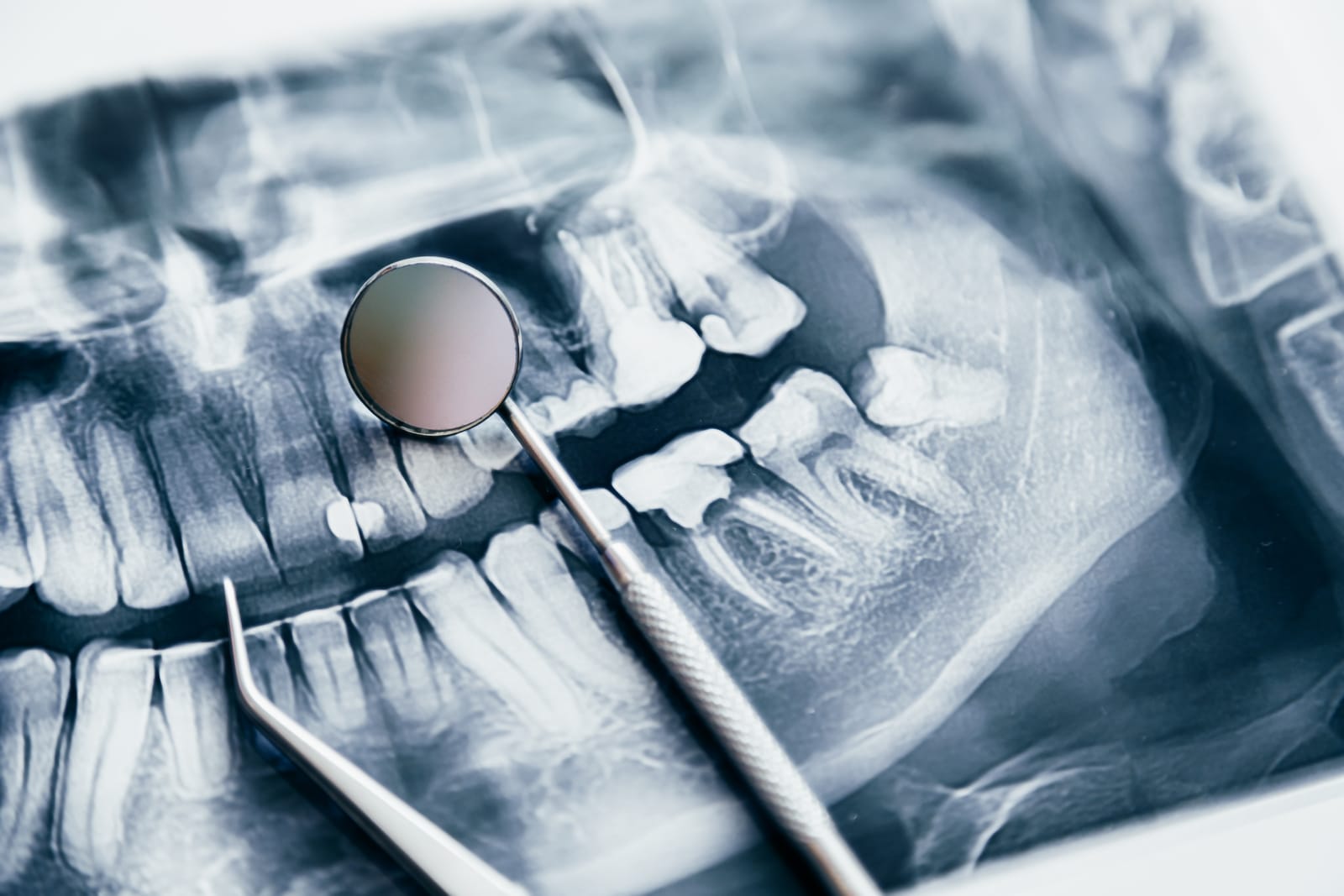What If You Do Not Get Bruxism Treatment?

Bruxism is when a person grinds their teeth, typically when they sleep. People with the condition often wake up with headaches, soreness in the jaw, and sensitive teeth. The condition is common and affects a large chunk of the population.
The causes of bruxism are not well understood, but stress or anxiety seems to be the main factors. Once the habit has been developed, it can be difficult to stop, even if you are no longer feeling stressed or anxious.
Dealing with bruxism
The causes of teeth grinding vary for each patient. People who grind their teeth while awake tend to do it due to tension, intense concentration, anxiety, or stress. People who grind their teeth at night often have other issues, like sleep apnea, acid reflux, or hyperactivity. Medications used to treat issues like depression can also lead to teeth grinding.
A person’s habits can also increase the risk of grinding their teeth. Stimulants like alcohol, tobacco, and caffeine have been linked to teeth grinding.
The impact of not treating teeth grinding
Failing to treat teeth grinding can lead to headaches, fractured teeth, toothaches, and issues with the temporomandibular joints (TMJs). TMJs are hinge-like sliding joints that connect the bottom and top parts of the jaw. Issues developing there can affect a person’s ability to chew or speak properly.
The pain caused by TMJ can lead to additional issues, like ear pain. The pain is often enough to force one to visit a dentist or doctor.
Untreated teeth grinding could eventually lead to the loss of teeth if they get worn down to their innermost layers. Toothaches will be a common occurrence for the person at this point, and they might have to replace some of their teeth with oral prosthetics.
Treating teeth grinding
Dentists can help people who grind their teeth keep the damage to a minimum by providing customized mouth guards or splints that protect their teeth when they grind them. An impression of the patient’s teeth is taken, and it is sent to a lab where oral appliances are made. Wearing a nightguard before going to bed significantly reduces the impact of teeth grinding.
Other ways to treat teeth grinding include:
- Medication: Drugs like muscle relaxers can be used to reduce teeth grinding by keeping a person’s jaw relaxed while they sleep; a doctor might also prescribe antidepressants for teeth grinding if the patient’s condition is being caused by depression
- Treatments: Procedures like Botox injections can be used to treat teeth grinding caused by overactive muscles in the jaw; the compound temporarily paralyzes these muscles, so the patient no longer grinds their teeth
- Behavioral therapy: Relaxation and stress management techniques can be helpful when struggling with bruxism; performing stress and anxiety management drills before going to bed can help reduce teeth grinding
Protect your teeth from bruxism
Call or visit our St George clinic to set up an appointment with our dentist so a customized guard that will protect your teeth from the effects of teeth grinding can be made for you.
Request an appointment here: https://www.stgeorgedentalcare.com or call St. George Dental Care at (435) 628-9099 for an appointment in our St George office.
Check out what others are saying about our dental services on Yelp: TMJ Dentist in St George, UT.
Recent Posts
The temporomandibular joints are located on each side of the head and assist with chewing, swallowing, and speaking. TMJ pain occurs when this intricate system of muscles, bones, ligaments, and discs fails to work as efficiently as it normally would. Ailments of the TMJ region can be caused by a variety of things, including injury,…
Although TMJ can lead to painful and annoying inflammation and irritation of the jaw, there are many home remedies and healthy lifestyle practices that can mitigate these symptoms. Before diving into common treatments, it’s important to better understand what this is and how issues arise. TMJ stands for the temporomandibular joint, which are joints located in…
Disorders of the temporomandibular joint, or TMJ, can cause significant impairment and pain that affect life quality. Some sufferers can attribute the discomfort to symptoms of chronic illness or genetics. For others, curtailing specific habits that increase the risk of developing this condition is advisable.This joint connects the jaw to the temporal bones of the…
TMJ is known as Temporomandibular Joint and Muscle Disorder and can range from being quite simple to extremely complex on a case by case basis. If you notice any form of clicking or popping noise when you open your mouth, there is a good chance you have a form of TMJ. Here is a look…


